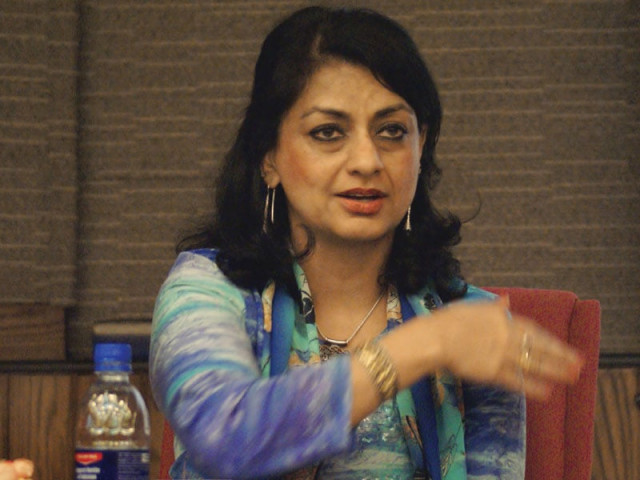‘South Asia needs to absorb 15m workers every year’
World Bank’s chief economist for South Asia delivers lecture at IBA.

These were the issues which dominated the interactive session after World Bank’s chief economist for South Asia region Dr Kalpana Kochhar delivered a lecture on “more and better jobs in South Asia” at the Institute of Business Administration (IBA) on Thursday.
Quoting a recent study by the World Bank, Kochhar said the region added 800,000 jobs per month between 2000 and 2010. According to the study, she said, real wages increased for workers and poverty rates decreased for self-employed people in the region over the same period.
She said South Asia, which includes Afghanistan, Bangladesh, Bhutan, India, Maldives, Nepal, Pakistan, and Sri Lanka, would need to absorb a total of nearly 15 million workers to its labour force year after year for the next two decades.
However, a few people among the audience raised objections over the World Bank’s ‘quantitative approach’ to determine what constituted as a better job. Terming Kochhar’s emphasis on “moving away from protecting jobs to protecting workers” – a reference to strict labour regulations, particularly in India, Nepal and Sri Lanka – they said the World Bank should refrain from “propagating the myth” that labour regulations were obstructing job creation in South Asia.
Kochhar said high taxes, electricity shortages and political instability were the top concerns of the business community in Pakistan. The World Bank report also found out that the use of generators by companies to solve the electricity problems is higher in South Asia than similar characteristics in countries at comparable levels of per capita income elsewhere in the developing world.
Making a presentation titled “Global Economic Outlook 2011: What should scare us the most?” World Bank’s lead economist for the South Asia region David Gould said the US fiscal outlook and the debt crisis in Europe were the biggest ‘vulnerabilities’ in the global economy at the moment.
He said the anticipated global growth in 2012 was 2.5%, which was 1% less than what the World Bank had expected just seven months ago.
Earlier, IBA Dean and Director Dr Ishrat Husain said the issue of job creation in Pakistan was not receiving the attention it deserved. He said that with changing population trends, efforts must be made to take advantage of the demographic dividend in the region.
Published in The Express Tribune, January 13th, 2012.



















COMMENTS
Comments are moderated and generally will be posted if they are on-topic and not abusive.
For more information, please see our Comments FAQ